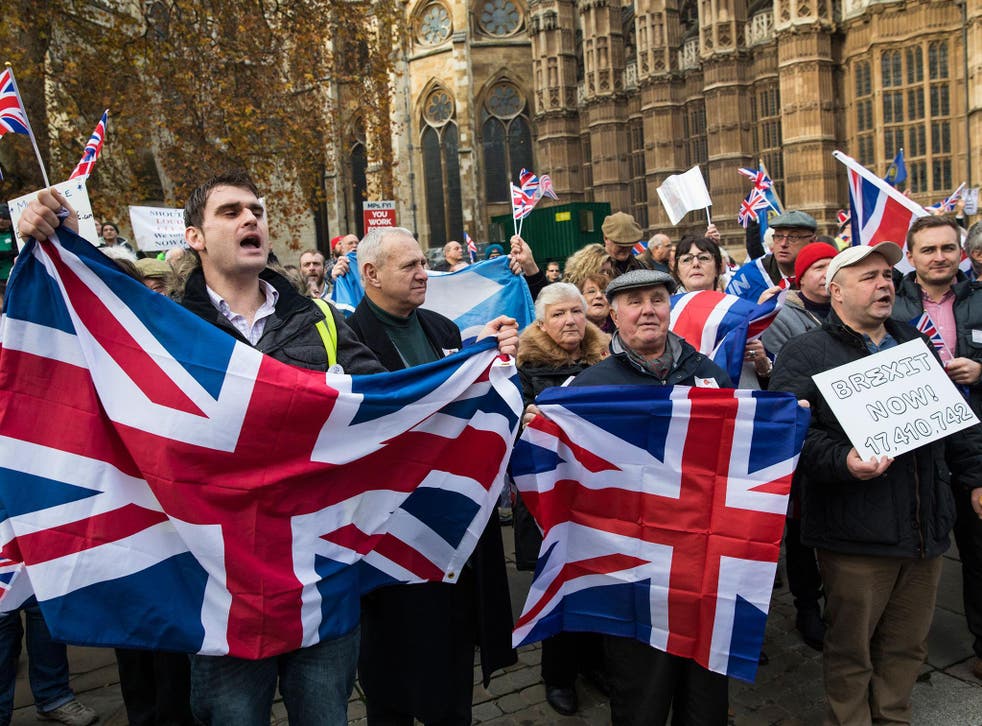Subject: Nationalism, a good or an evil.
How do we and even, should we, counter the nationalistic urge to look after our own local situation first and forget the interlocking reaction that the ills which beset a nation are often are best combatted by a collaborative effort rather than a purely national one.
It's hard not to be tempted by Vladimir Putins offer that to stop supporting Ukraine and the gas will start to flow again. The history of Ukraine and its relation with Russia is complex, (as is our own with Ireland), but resorting to an invasion of Ukraine always had the crude hallmark of the USSR written all over it and we have, at least in Europe put that nationalistic bully boy tactic behind us. Never the less the temperament and the ethnic makeup of each nation within the EU not always assumes collaboration and common goals. History and it's specific interpretation within a national debate is fertile ground for dissent and political point scoring. The rise of right wing parties within the national framework is the product of many things, for instance that the elitist concerns are not necessarily the same as that of the masses, that black and white solutions don't take into account unforeseen calamities if the delicate balance of interests is threatened. People can be weaned into value stances by extreme rhetoric and promises, as was the case with Brexit, promises unattainable but still held as possible by those swayed into believing in them. People are mentally fragile and seek assimilation in their goals by tuning in to programs and media platforms which give support, it's hard to listen to criticism, still more so to admit ‘they’ were right and you were wrong and it becomes almost impossible to support a plan of action when it begins to inflict pain on you. The strength of your support is usually measured in the actual concern and your reason for that concern.
People still deny climate change or the effect the melting of the ice caps will have on us and is dependent of their perceived understanding of its effect on them. People no longer believe in their elected politicians, other than in totalitarian states and so leadership becomes ‘opinion led’ which in the era of fake news becomes easily manipulated.
In an quasi idealistic world this fragmented opinion led democracy has the seeds of proper democracy where people will do their own homework and form their own opinions and the collective opinion should always best suit the majority. (Except where Brexit is concerned).

No comments:
Post a Comment